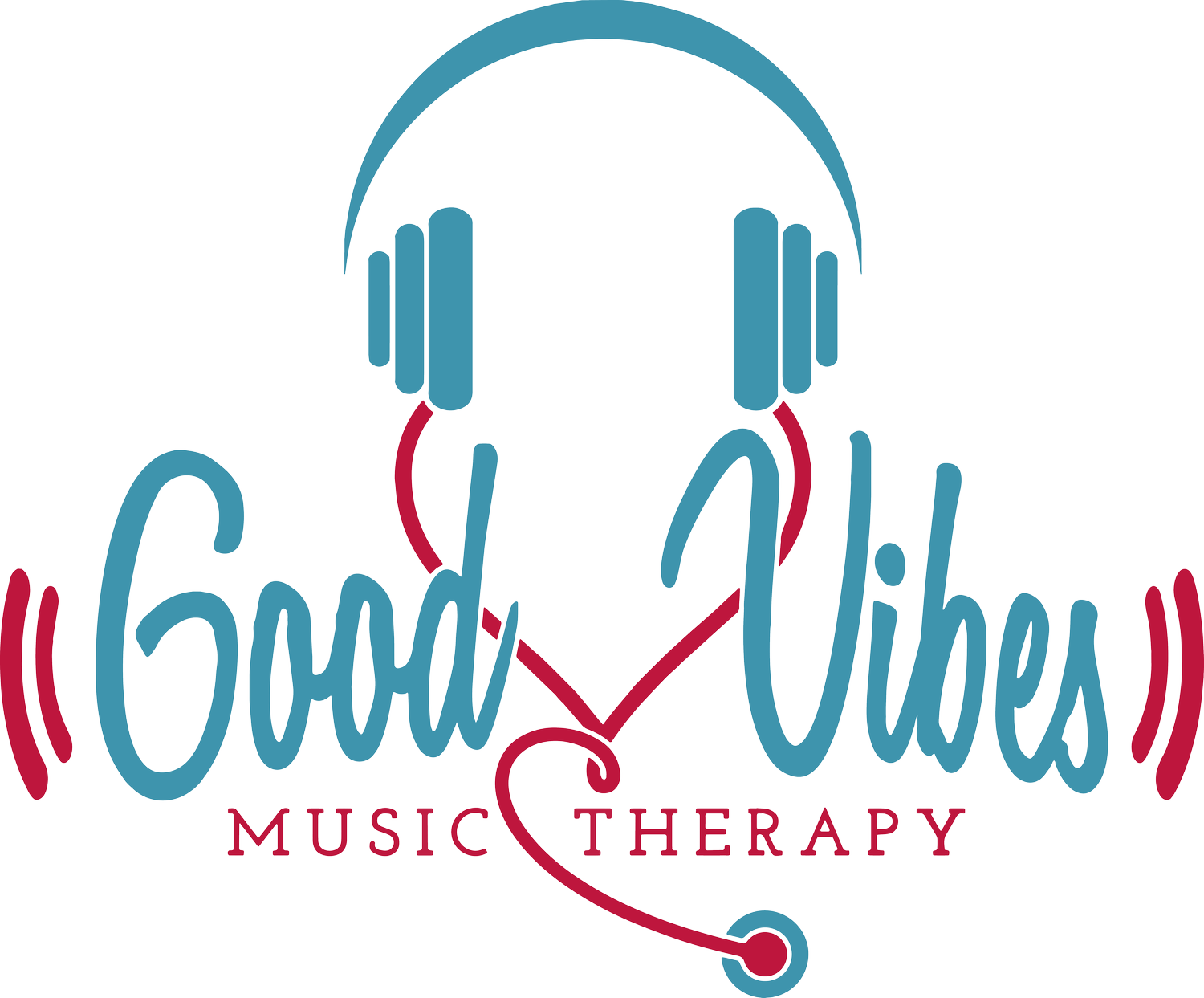Music Therapy is the use of music to achieve therapeutic goals
Information obtained from the
Music Therapy is an evidenced-based practice backed up with years of research in various different populations
Music Therapy can help those diagnosed with:
Dementia
Autism Disorders
Cerebral Palsy
Multiple Sclerosis
Traumatic Brain Injury
Parkinson's Disease
Rett's Syndrome
Learning Disabilities
Attention Deficit Disorders
Developmental Delays
Terminal Illness
and many more...
Some goals that can be addressed are:
improve gait
increase functional body movements
promote wellness
increase quality of life
improve memory
develop appropriate social skills
improve communication
increase self-esteem
decrease maladaptive behavior
The beauty of music therapy is that no one session is the same! Music therapists practice in different settings with a range of different people. It is client-centered and we know that every person is unique. Some ways we could address the goals above are specific vocal exercises, instrument playing, music performance, music improvisation, singing, etc. Music Therapy is successful because people get caught up in the excitement of making music, they forget they are working on therapeutic goals.
You're getting the best of the best
Music Therapy is provided by a board-certified-music therapist. They hold a Bachelor's degree or higher from an AMTA approved university/college program. After completing a 1,200 hr internship, music therapists are eligible to sit for the national certification board exam to obtain the credential MT-BC. We maintain our credential by taking continuing education courses to keep up with the newest methods and techniques.
Music Therapists are also experienced musicians. We are trained vocally as well as proficient in guitar and other instruments. We adhere to the AMTA's Standards of Clinical Practice and Code of Ethics.
Music Therapy is grounded in research. click here for fact sheets


